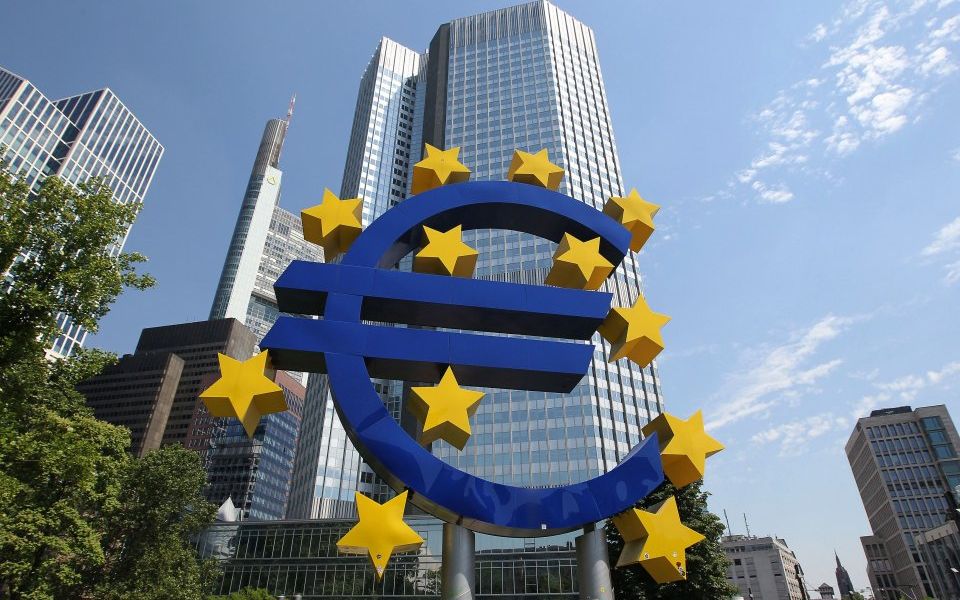
The opening shots of ‘Brexodus’?

On Monday came two announcements that Britain was losing two European agencies.
Two European agencies plan to relocate post Brexit
The first was the European Medicines Agency (EMA), which will relocate to Amsterdam after Britain leaves the European Union (EU) in 2019, with the loss of an estimated 900 jobs.
The second was the European Banking Agency (EBA), which will relocate to Paris with the loss of as many as 167 jobs.
While the jobs lost may not be huge in terms of numbers, the loss of the EMA, which has operated in Britain since 1995 and the EBA, which has operated in London since 2011, is one of the first concrete examples of the impact of Brexit. It’s unlikely to be the last.
What’s worse is there were plenty of warnings that Britain would lose these agencies. While you may not think the loss of European bureaucracy is a bad thing, the fact both agencies were in British hands gave Britain a significant amount of influence in banking and pharmaceutical regulation.
Are London-based banks under threat?
A little earlier on Monday the EU’s chief negotiator Michel Barnier warned that banks based in Britain will lose the automatic financial passporting rights they currently enjoy – thanks to Britain’s membership of the single market – when Brexit is enacted.
Mr Barnier knew exactly what he was doing; knowing that financial services accounts for a huge part of Britain’s overall economic output he went for the jugular by threatening the City’s very existence.
The assumption had been Britain would be able to negotiate a deal with the EU that allowed London-based banks to continue to operate in Europe.
That assumption was perhaps correctly based on the role British financial regulators play in helping formulate Europe-wide banking and financial services regulations.
But Mr Barnier’s stark warning on Monday will have left people like Lloyd Blankfein, the chief executive of Goldman Sachs, in little doubt as to the position of the EU and what they should therefore do with their London based operations.
Mr Blankfein has himself already called for a second EU referendum, while also warning that his bank, which employs 6,000 people in Britain, is making contingency plans to allow it to continue to trade in Europe.
Read between the lines and it’s reasonable to assume that what he really means by contingency plans are plans to relocate his bank and remove 6,000 jobs from Britain. And that’s just one bank.
No bank wants to do this. It is disruptive to their normal operations and costs them money to do so, which keeps them away from the thing they want to be doing most: making money.
What impact could Brexit have on the City?
Financial services are the bedrock of the British economy, they are even responsible for a substantial amount of our exports – Britain had a trade surplus with the rest of the world of over £60 billion in the financial and insurance sectors in 2016.
Over 5,400 British firms rely on EU passporting rights to bring in £9 billion in revenue every year to Britain.
In 2015/16, banking alone contributed £24.4 billion to UK tax receipts in corporation tax, income tax, national insurance and through the bank levy.
The threat to the passporting rights of those banks and what that might mean for the City in terms of organisations lost, jobs lost, revenue lost, should terrify everyone.